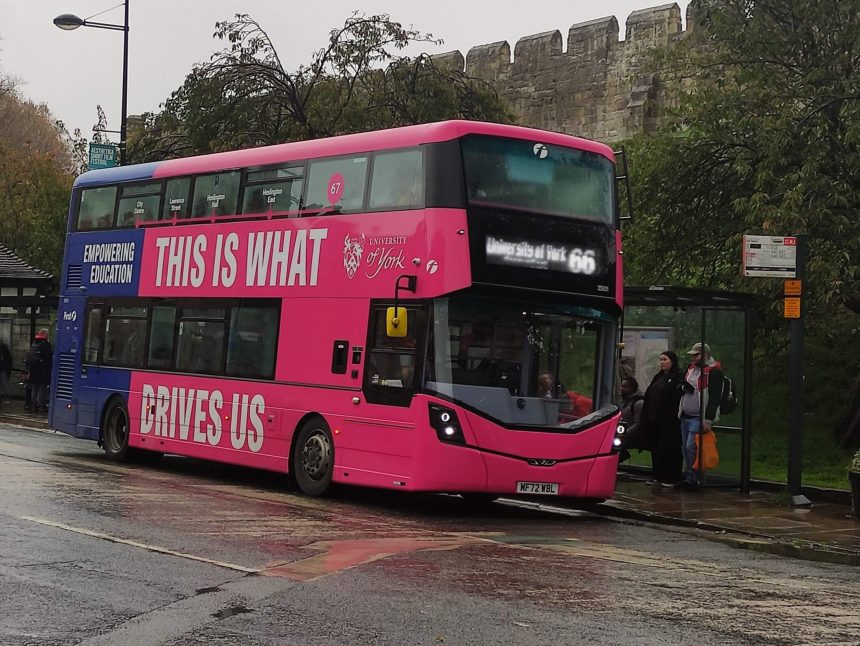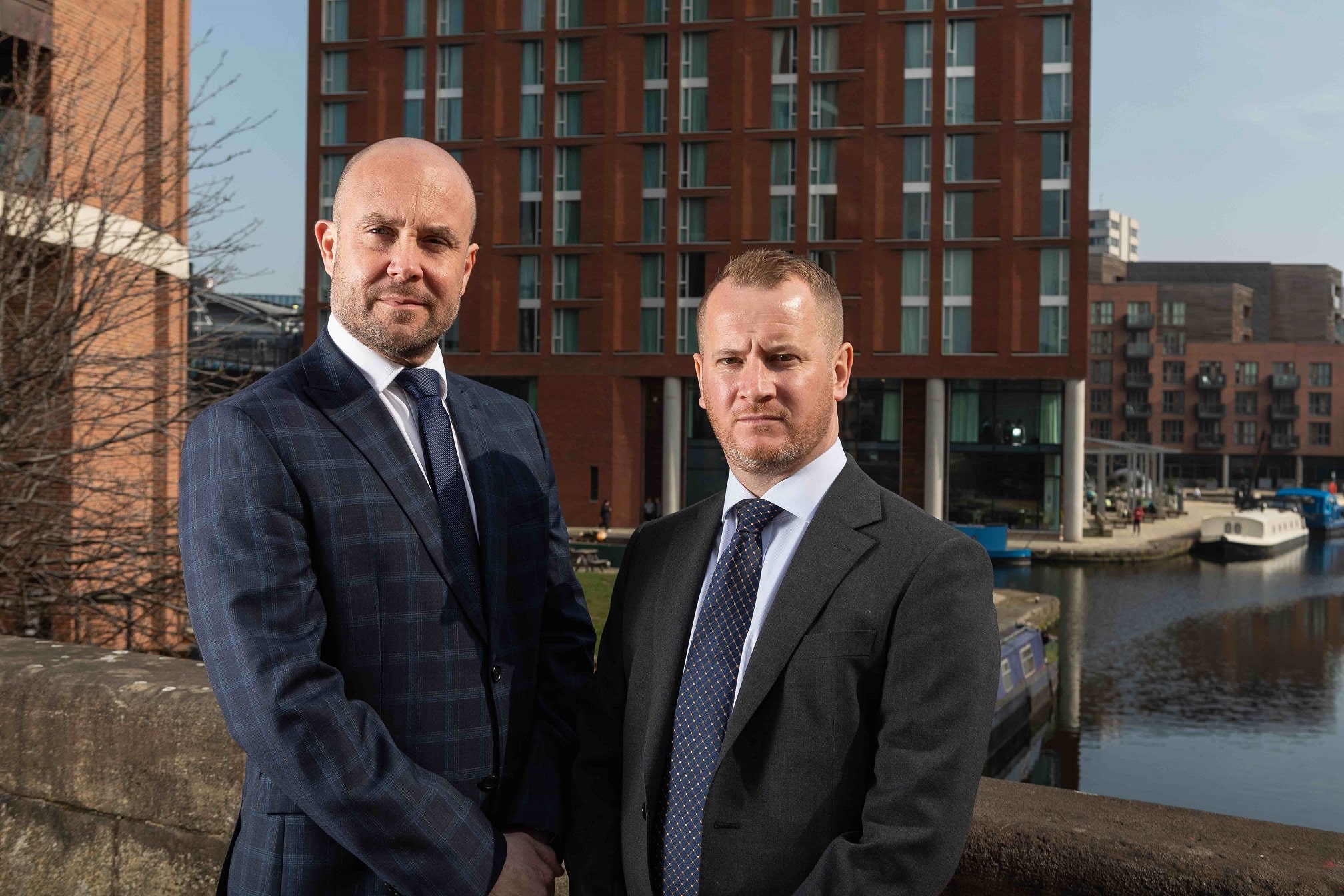More than four in ten British adults believes the next government should make investment in bus services a top priority, according to polling commissioned by the Confederation of Passenger Transport (CPT).
The survey of 2,111 adults, which was conducted by YouGov, found 42% wanted bus to be one of the top three transport spending policies after the 4 July general election, with CPT claiming the research overall revealed the form of regulatory framework was less important for voters.
Following CPT’s call to extend the £2 Bus Fare Cap Grant scheme into next year, another key finding was that 54% of those who want bus funding to be a priority would like the government to continue subsidising fares. Meanwhile, 56% of these said the investment should be directed towards more frequent services, 37% wanted the creation of new routes and 26% supported bringing buses under local control.
Support for making bus among the top three transport funding priorities was higher among over-65s (46%), among 2019 Labour voters (48%) and among households without access to a car (48%). Of all respondents, 43% said they would use buses more if services were improved.
Alison Edwards, CPT Director of Policy and External Relations, says: “Buses are the nation’s most affordable, accessible, and popular form of public transport – carrying over 10 million people a day.
“But spending is way below what many voters clearly think it should be. Our latest polling shows that people want to see more frequent buses, fares kept low, and more new routes. Among those who want the next government to prioritise spending on bus, those three things also matter significantly more to them than changing who runs the buses.
“The polling also highlights how, if the next government invests to improve services, many people will use the bus more often.”
Policies such as Scotland’s free bus travel for the young also appear popular. Sixty-eight per cent of respondents support a national fare discount for those aged under 22.
Ms Edwards adds: “Supporting fares for young people is a vital way to ensure access to education and employment. It also helps to seed sustainable transport habits.
“Like several metro mayors, the Confederation of Passenger Transport believes many more young people will jump on a bus if the next government opts to support a fares offer for the under-22s across the UK.”
The Conservatives manifesto last week pledged to extend the fare cap over the entirety of the next parliament but made few new promises for the industry. Meanwhile, Labour’s manifesto two days later similarly generated a mixed response.



























